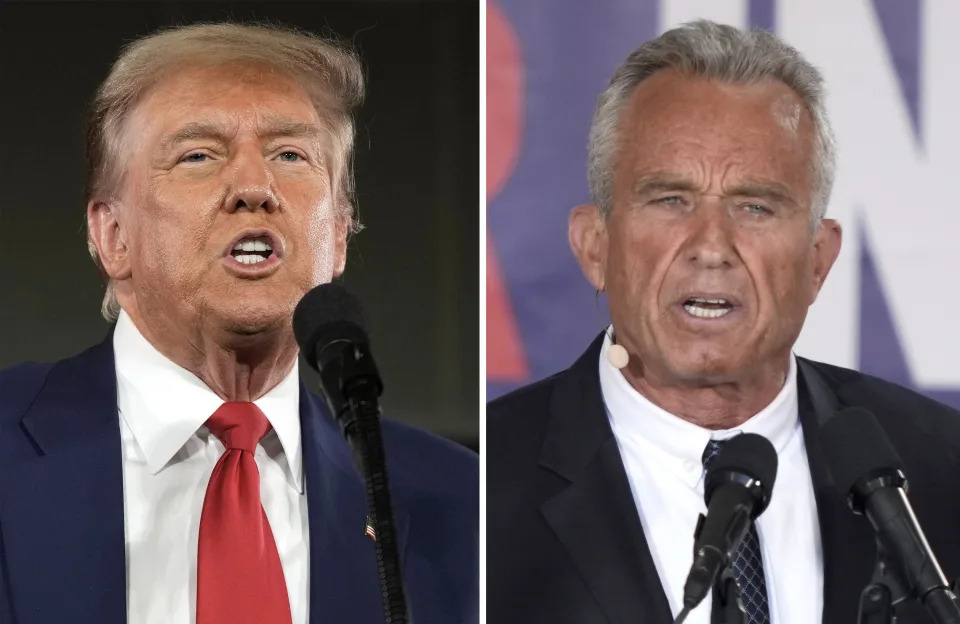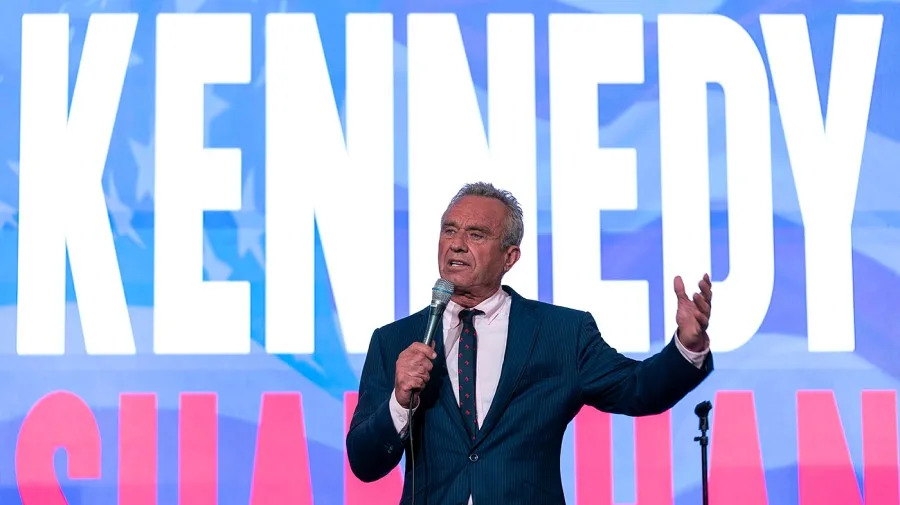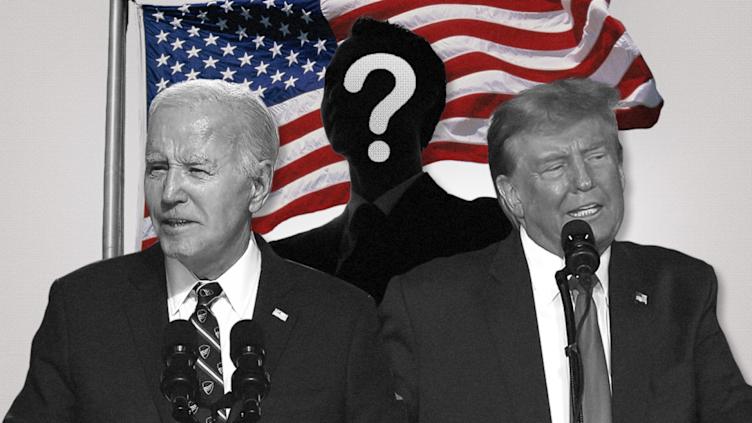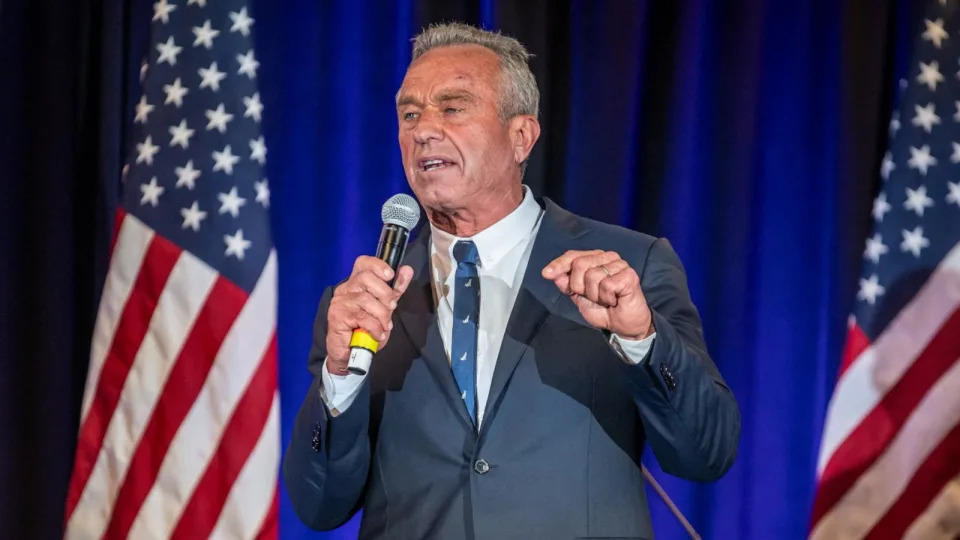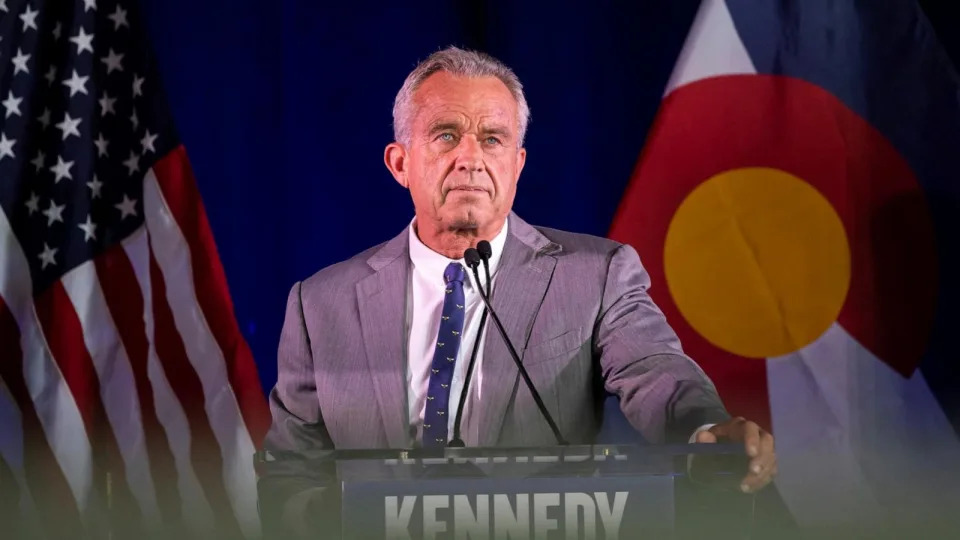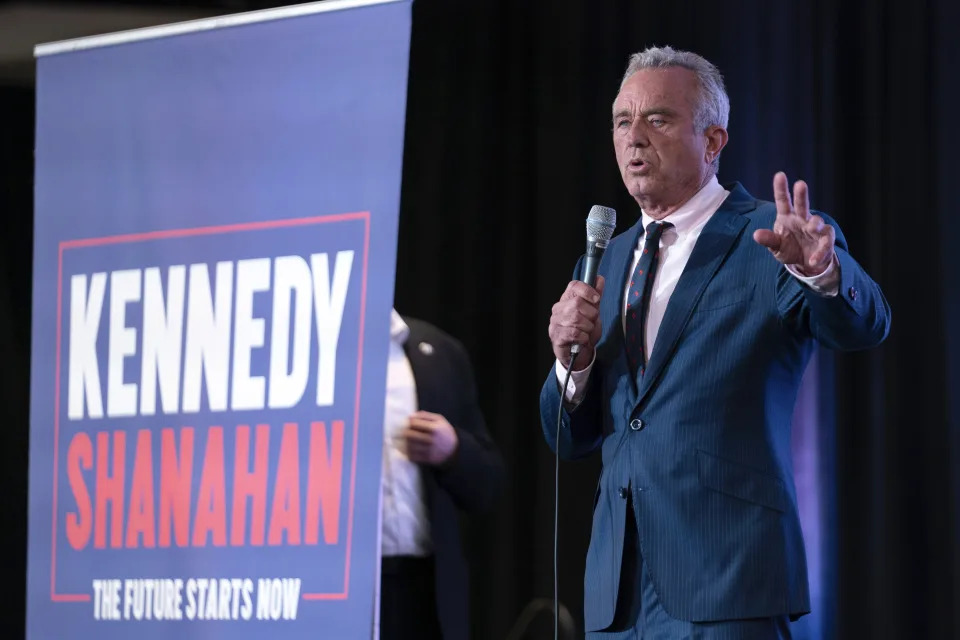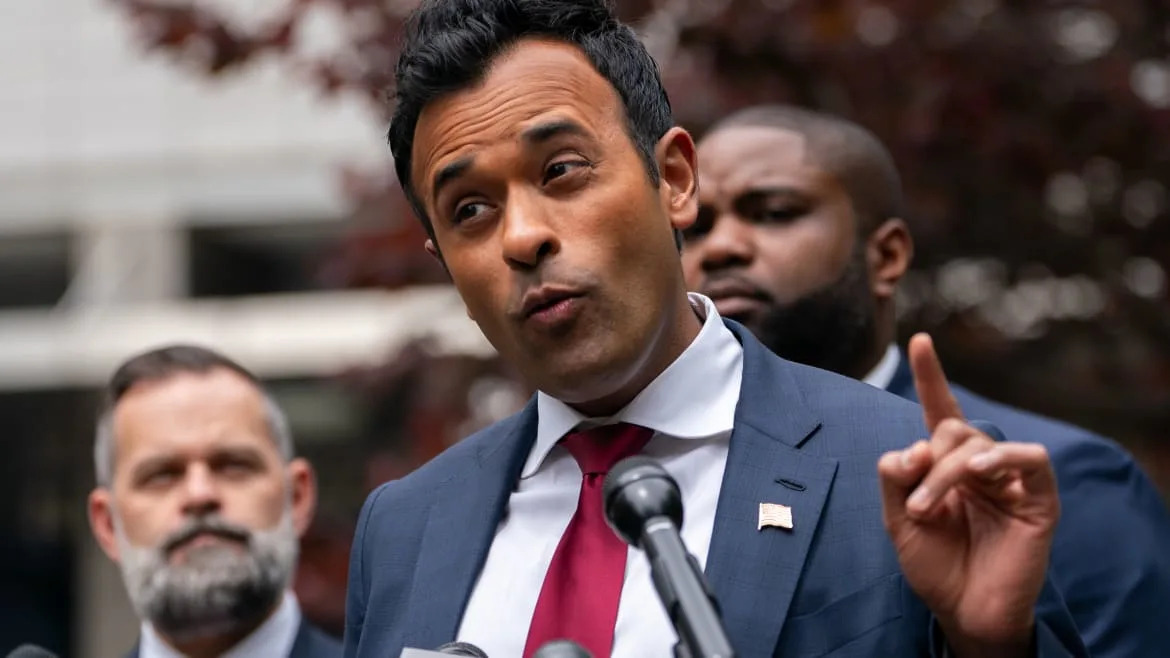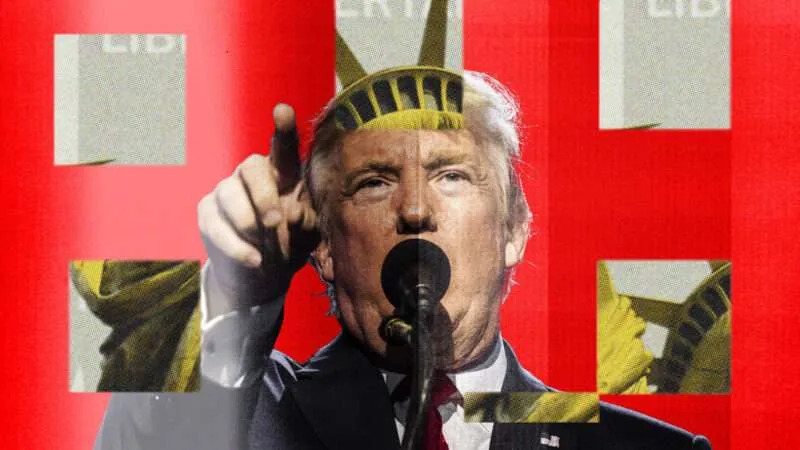Review of Exurbia Now: The Battleground of American Democracy by David Masciotra (Melville House, 2024)
By Chris Green
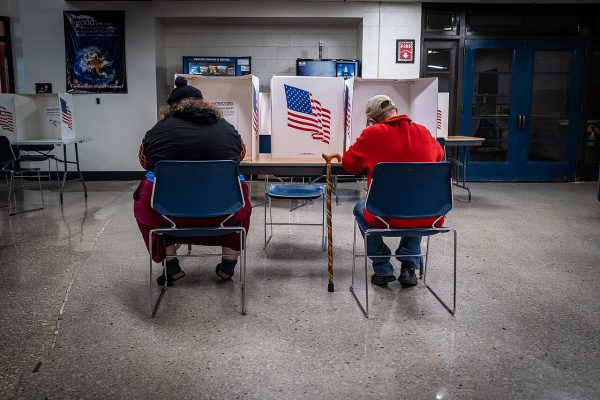
I think this is a book of some merit although I disagree with plenty of its content. I first learned of it a few months ago watching a Youtube clip of a friendly interview with the author conducted on a favorite progressive podcast of mine, The Majority Report with Sam Seder.
The author is a liberal journalist who lives in northwestern Indiana. He has published books celebrating Jesse Jackson and the music of John Cougar Mellencamp. He has written for such publications as The New Republic, The Daily Beast, Salon.com and Alternet. He teaches at Indiana University Northwest.
The book is a reflection on the pathology of MAGA voters and in that way is similar to another recently released book that has gotten much more publicity: The Roots of Rural Rage: The Threat To American Democracy by Paul Waldman and Tom Schaller. However, while Waldman and Schaller focus on rural America as the source of MAGA strength, Masciotra locates that strength in exurbs. Exurbs are communities of relatively recent origin around the US that have sprung up between suburbs and rural areas: their residents tend toward the higher end of the income scale. Exurbs have been notable in the last few decades as landing spots for middle and upper class whites fleeing the increasing racial diversity of suburbs.
I think this book’s focus on exurbia as the prime locus of Trump’s movement is valuable. The stereotype of the MAGA voter is the ignorant, rural, poor or working class redneck. There is some of that in Trump’s base but the latter, to a surprising extent, actually lean toward the higher end of the income spectrum. Some Trump supporters may not be college educated but they have become at least moderately wealthy as small business owners or in such roles as independent contractors in construction trades. In Marxist parlance, a lot of Trump supporters are indeed petty bourgeois–small business owners, educated professionals, police officers and the like who have ended up residing in exurbs. Masciotra relies on the research of left-wing political scientist Anthony Dimaggio for this insight.
Here are a few more of the book’s strengths:
–it is well researched, relying on the most recent academic scholarship about the sociological subjects discussed in the book. It provides brief, interesting semi-sociological surveys of some of the suburbs and exurbs in the Chicago metro area (both in Illinois and northwest Indiana).
–Masciotra’s account of Donald Trump’s con job against the rustbelt city of Gary, Indiana in 1993 is useful. I had not heard of this story before. Over the resistance of Gary’s mayor and city council, Trump got the Indiana gaming commission to approve the construction of a casino in Gary with promises (which he would not fulfill) of directing a portion of the casino’s profits to various charities, to renovate a dilapidated Sheraton hotel across the street from Gary’s city hall and to bring in local investors on the casino. The local investors later sued Trump for reneging on his promises, initially winning $1.3 million but the final ruling from the courts was that Trump’s promises were verbal and thus legally non-binding. I agree strongly with Masciotra’s denunciations of casinos as a very poor mode of economic development for rustbelt cities and other low-income areas around the country.
–his account of the Area Redevelopment Act is interesting. This was signed into law by President Kennedy in 1961 and, according to the author, was a highly successful jobs program focused on infrastructure development in rural areas. Funding for the legislation was derailed in June 1963 after powerful congressional southern Democrats threw a tantrum over Kennedy’s nationally televised speech endorsing civil rights. Masciotra notes that public universities are the largest employers in a number of states, which he argues is proof that the government can be an effective job creator. There is something to this last point although if he has in mind–as I think he does–the non-profit health care systems operated by public universities in different states, then I can only say that such models are not worthy of admiration.
–he describes a case of white flight from one of Chicago’s Illinois suburbs into exurbs in the 1990’s. In that case, after blacks began moving into a higher income suburb, local whites raised dog whistle protests about lower property values and higher crime rates. However, property values did not plunge, and crime did not rise. Local whites alleged a conspiracy among cops, city government and media to cover up the truth about crime and property values. They were determined to find any justification to flee from black folks to what they felt was the safety of exurbia.
–his reflections on megachurches and the irrational attachment of right wing white American males to semi-automatic weapons and heavy-duty trucks are highly sensible.
Limited Liberal Horizons
On the book’s weaknesses:
He harps constantly upon the threat to American democracy of exurban Trump voters with their racism, homophobia, transphobia, religious extremism and general authoritarian, anti-social worldview. I don’t disagree with him here.
However, In contrast, he seems to think the Democratic Party is nearly perfect. He insinuates that if only these jerks in the exurbs would stop voting for MAGA and instead vote Democrat, then the road would be open for the US to achieve an unprecedented, staggeringly high level of prosperity, equality and justice for all.
He elaborates at some length in defending Bill Clinton (but has comparatively little to say about Obama or Biden). He notes that certain unnamed far left thinkers have criticized Clinton but dismisses them without much consideration. To prove Clinton’s greatness, he notes that the latter lifted 4 million people out of poverty with the expansion of the Earned Income Tax Credit. He claims that balanced federal government budgets led to the US’s remarkable economic expansion during the late 90’s. As far as NAFTA is concerned, Masciotra pooh-poohs the idea that it led to the export of US manufacturing jobs overseas. Instead he cites studies showing that the United States has lost many of its manufacturing jobs because of automation. Automation, he says, is simply technological progress–a sign of advancing civilization–and nobody can do anything to stop it. So to summarize, Masciotra implies that nearly all US manufacturing job losses have been caused by automation and none of that job loss is Bill Clinton’s (or NAFTA’s) fault.
His unwillingness to seriously engage with left wing criticisms of Bill Clinton is disappointing. It is true that the late 90’s has been the only extended time period since the early 70’s when the real wages of the majority of American workers grew and did not stagnate. But that wage growth was based on something unsustainable: a tech bubble on the stock market. Clinton’s welfare reform of 1996–an event not mentioned by Mascriotra–led to a significant rise in children living in deep poverty. His 1994 crime bill–another landmark not mentioned by Mascriotra–caused deep harm in black and brown communities, fueling the country’s mass incarceration crisis. As far as NAFTA, it is true that a large number of US manufacturing jobs have been lost due to automation. But studies by progressive economists have also shown that NAFTA caused major manufacturing job losses in the US. It also lowered wages in the US.
He denounces folks on the left (like Bernie Sanders) and the MAGA right who possess the “pipe dream” of yearning for a return to America’s post-World War II golden age of good paying manufacturing jobs. He writes:
“While manufacturing employment continues to decline, home health care workers grow by the millions. The fast-food chain Arby’s currently employs more Americans than the entire coal industry. Millions of young Americans, including seven hundred thousand part-time college instructors, struggle to stay afloat in a freelance ‘gig economy.’ The growing ranks of the marginal, low-wage workforce need access to public goods and services, higher wages, dependable benefits and affordable education–not pipe dreams about the resurrection of the 1940’s.”
At this point I have a question for Masciotra which he did not answer in the book. Have the Democrats, when in office, engaged in an earnest effort to secure “public goods and services, higher wages, dependable benefits, and affordable education” for America’s working class? I would submit that they have not. Instead their policies going back to Bill Clinton–and even back further to Jimmy Carter–have generally tended toward an embrace of corporate friendly deregulation and budgetary austerity.
I’m not arguing that they have embraced these corporate friendly policies because big business bribes them with campaign contributions (although that is one among many layers of the problem). The truth is that when Joe Biden told Wall Street donors in 2019 that nothing would fundamentally change when he became president, he was reflecting the reality of the real world. Those donors are a force that holds overwhelming power in American society. Any political party in the US and the capitalist world at large needs the cooperation of the capitalist class to govern: they need business to invest and create jobs so as to keep the economy afloat. If a business or financial elite feels that a national–or state or local–government is not creating good conditions for investment, then they will create capital flight.
As the putative “left” party of the American political system, Democrats are in a constant battle to show business that they can create good conditions for capital accumulation, that they are not moving “too far to the left.” It is why, when Democrats deign to go through the motions of pursuing any mildly redistributive measures–e.g. the push for a $15 per hour minimum wage in 2021 or the extension of the Covid era child tax credit–they easily crumble before conservative opposition. It is why prominent Democrats have refused to eliminate the Senate filibuster–in spite of Republican abuse of it. It is why they refuse to “pack” the Supreme Court to dilute the power of its far-right majority. Democrats want to show American business that they fully respect all the conservative friendly guardrails of the American political structure.
Democrats and Popular Mobilization
While Masciotra spends much of this book zeroing in on the threat of Trump voters to America’s bourgeois democratic institutions, he never mentions the largest group of voters: non-voters. In the 2020 presidential election, the non-participation rate of eligible voters was one third although in most other presidential elections of recent decades the abstention rate has been closer to one half. In the 2022 midterm congressional elections, the non-participation rate was nearly 48 percent–in other recent mid-terms the non-participation has been closer to 60 percent. Local elections around the US typically have very low turnout.
It occurs to me that Democrats might be able to better fight the MAGA malignancy if they offered serious proposals to motivate the large non-participating voting eligible population to cast their ballot. The non-voting adult population is significantly poor and working class. What if Democrats at national, state and local levels offered serious, detailed proposals to give ordinary people substantial power to organize their workplaces; for apartment tenants to have strong protections from eviction and landlord abuses; for media to be removed from corporate control and placed in the hands of local communities; for free and comprehensive college education for everyone? What if they used their vast power to direct most of America’s defense budget out of the pockets of defense contractors and into the construction of democratically run public housing and free healthcare for working Americans? What if–before providing free health care–they used a portion of the defense budget to wipe out the $220 billion in medical debt held by Americans? What if–instead of fueling highway expansion and record oil exports–Democrats offered a comprehensive plan for seriously addressing the climate crisis (and a multitude of other social and economic ills) along the lines of the Green New Deal?
What if they used the vast resources at their disposal to mobilize tens of millions of Americans(not just during election season) to push for these measures–instead of their normal course (as with the union friendly PRO Act) of using progressive proposals as bait for voters during campaigns while shelving such proposals during legislative sessions when faced with the slightest opposition?
The Democratic Party, of course, is structurally incapable of getting anywhere near pursuing any of the courses of action outlined above.. Its patrons in the capitalist class will tolerate only the most incremental reforms, the mildest sandpapering of the rougher edges of neoliberalism. Business would look with horror if Democrats used their resources to mobilize poor and working-class Americans on a mass scale to achieve substantial redistributive measures. Mass radical popular movements might be able to exert such pressure as to extract concessions from Democrats; but then again, depending on circumstances, Democrats might repress such movements.
As upper middle-class liberals of Masciotra’s ilk remain satisfied with the smallest of progressive crumbs offered by the Democratic Party–as long as they keep celebrating a Biden economy where a large majority of Americans live paycheck to paycheck–I believe their complacency will only help fuel what they rightly fear: the further metastasizing of MAGA or even worse movements. Mascriotra spends parts of the book meditating on such subjects as the virtues of progressive city planning (plenty of sidewalks in downtown cores and public resources for the humanities and arts), the virtues of small business integration with local communities and the progressive characteristics of microbreweries. While such subjects are not objectionable by themselves, his excessive focus on them indicates a mindset unable to seriously grasp the nature of the malaise in the United States.
In spite of his seemingly heavy complacency, Mascriotra rightly observes that the United States possesses a “transforming and, in some ways, decaying economy.” As the contradictions of capitalism grow deeper, it is absolutely essential that intelligent people like Masciotra develop a much deeper structural critique of American economic malaise. Such analysis will ideally lead to recognition of the need to fundamentally transform the American economy away from capitalism.
Trump’s Attempt at Planeticide Was Worse Than Hush Money Sex Pay-Off
Source: Informed Comment

Youth Grieve and Denounce Trump’s Election at UN Climate Talks COP22 | Image: John Englart
It is great good news, of course, that Trump was finally held accountable for his hush money pay off to porn star Stormy Daniels to keep her quiet about their hook-up so as to win the 2016 presidential election. Had she gone public in October, 2016 in the wake of the release of the Hollywood Access tape about grabbing genitalia, he may well have lost. That he is now a felon invalidates his entire presidency. It does not erase all the harm he did, in reshaping the Supreme Court as a tool of white nationalist Christian patriarchy, and it won’t bring back the hundreds of thousands of people who died of COVID because of his wrongheaded public health policies. But it is some form of minor justice.
The conviction, however, underlines that American law and politics is still primarily about property rather than about the value of human life. Both Richard M. Nixon and Donald J. Trump went down over Lockean crimes. Nixon ordered a third rate burglary (twice!). Trump arranged for a pay-off to a porn star. Both committed their crimes in furtherance of their political careers. Nixon had the Democratic National Committee headquarters in the Watergate Building in Washington, D.C. burgled. Trump had a catch and kill scheme implemented for Stormy Daniels’ memoirs. Ironically, likely neither needed to commit those crimes to win.
It is a little frustrating, however, that our priorities as a society are still so parochial and twentieth-century in character, and that we are not more outraged at the truly massive damage Trump did to our planet. He should have been tried and convicted of attempted planeticide.
1. Trump took the United States out of the 2015 Paris Climate Accord in November, 2020, trashing all the pledges the country had made to reduce its massive carbon footprint. The US, with 4.2% of the world’s population, produces nearly 14% of the world’s carbon dioxide, putting out twice as much CO2 as the 27 nations of the European Union. By leaving the Paris agreement, Trump encouraged other countries to slack off on their climate commitments, endangering the whole world.
2. Trump scrapped President Obama’s Clean Power Plan, his attempt to regulate CO2 emissions, and Trump’s rules would have put an extra half a billion tons of carbon dioxide into the atmosphere over a decade. When we’re trying to cut CO2 to zero by 2050, that was a step in completely the wrong direction.
MSNBC: “‘Quid pro quo:’ Trump vowed to gut climate laws in exchange for $1B from oil bosses”
3. Trump also lowered auto emissions standards, helping the big car companies avoid going electric longer and adding another 450 million tons of CO2. Now that China has more advanced electric car technology than the US and can make EVs more cheaply for the world market, it becomes clear that Trump may have knee-capped the US preeminence in the global auto-manufacturing sector, for good. Since it is increasingly clear that auto emissions cause Alzheimers, Trump also damaged our brains to be more like his own.
4. Trump actively promoted the production of the very dangerous atmospheric heating agent, methane, a greenhouse gas that prevents the heat caused by the sun’s rays from radiating back out into space at the old eighteenth-century rate. He removed government regulations requiring Big Oil to limit methane emissions from drilling.
5. Trump put a 30% tariff on solar panels, vastly slowing the expansion of solar power in the US and costing the country some 62,000 jobs in the solar industry. Since solar replaces coal and fossil gas for electricity generation, this is another way Trump promoted carbon dioxide emissions.
6. Trump’s corrupt Interior Department subsidized coal and fossil gas, but raised the rents for wind turbines on federal lands. Trump, fuelled by an irrational hatred of wind turbines, such that he falsely asserts that they cause cancer, was a constant worry tot he industry all the time he was in office.
7. The sum total of all Trump’s anti-climate regulations would have added 1.8 billion tons of carbon dioxide to the atmosphere had they not largely been reversed by the subsequent Biden administration. This one man tried to engineer an extra tonnage of CO2 emissions equal to the annual output of all of Russia.
I have suggested that we could get a better sense of how disgusting carbon dioxide and methane emissions are if we called them farts instead of using a fancy word like “emissions.” How many tons of CO2 did America fart out last year?
Trump, who spent much of his trial farting and dozing, tried to have us fart out an extra 1.8 billion tons of CO2.
Some small percentage of all the damage human-made climate change will do to the United States in the coming years will have been caused by one man. And if he can get into office again he will try to doom the planet.
Now that is an indictment.
Juan Cole is Richard P. Mitchell Collegiate Professor of History at the University of Michigan. For three and a half decades, he has sought to put the relationship of the West and the Muslim world in historical context, and he has written widely about Egypt, Iran, Iraq, and South Asia. His books include Muhammad: Prophet of Peace Amid the Clash of Empires; The New Arabs: How the Millennial Generation is Changing the Middle East; Engaging the Muslim World; and Napoleon’s Egypt: Invading the Middle East.
‘Tough-on-Crime’ Doesn’t Apply to People Like Trump
Trump’s conviction is not proof that the criminal justice system works. The joy and disbelief we may be feeling is because it was never intended to ensnare people like him.

Image by Gage Skidmore, Creative Commons 3.0
Many Americans are celebrating the news of Donald Trump’s conviction on 34 felony charges in a hush-money incident that took place ahead of the 2016 presidential election. Newspaper headlines screamed “TRUMP GUILTY ON ALL COUNTS” and media reports relied on superlatives such as “historic” and “unprecedented” to label the unanimous jury verdict. Given that Trump has been unusually adept at avoiding accountability for a staggering number of alleged crimes, the verdict felt like a long-overdue comeuppance.
It was even more shocking than the news of Derek Chauvin’s conviction in the murder of George Floyd four years ago—but not by much. The United States criminal justice system was not designed to be applied equally across race and class. It was designed to protect men like Trump and Chauvin—powerful elites who bend laws to suit their purpose and the henchmen who serve them.
This is why the fact that Trump is now officially a “felon” feels so earth-shattering. For years people convicted of felonies were unable to vote in elections in many states. Felony disenfranchisement disproportionately impacts Black voters. According to Dyjuan Tatro, an alumnus of the Bard Prison Initiative, as of 2016 “Black Americans [were] disenfranchised for felony conviction histories at rates more than four times those of all other races combined.” It is highly unlikely that the U.S. would tolerate the disproportionate (or even proportional) disenfranchisement of wealthy whites.
Although many states are slowly overturning the loss of voting rights for people who have finished serving their sentences, in the vast majority of U.S. states people still cannot vote while incarcerated. Republicans tend to back felony disenfranchisement, perhaps because of the assumption that those marginalized populations that our criminal justice system targets tend not to favor them.
Florida, the state where Trump officially resides, has been ground zero for the battle over felony disenfranchisement. When Floridians in 2018 voted to restore the voting rights of those convicted of felonies, the state’s Republican governor, Ron DeSantis, effectively overturned the measure by forcing it to apply only to those who have paid off their debts. It was a clearly classist move, one that prison reform advocates dubbed “pay-to-vote.” Given the preservation of felony disenfranchisement in Florida, some have speculated that Trump may not be able to vote for himself in November depending on the sentence he is handed. But given that he was convicted in New York, he may ironically be able to cast a ballot in Florida thanks to New York’s ban against felony disenfranchisement laws.
Incredibly he can still run for president in spite of being labeled a “felon,” and could even be elected from within prison walls. But if he was a low-income person of color merely looking to rent an apartment or apply for a job as a janitor or schoolteacher, he would have likely been barred from doing so freely.
States have generally enabled legalized discrimination against people convicted of felonies. Aside from the loss of voting rights, it is acceptable to engage in housing and employment discrimination against them. It’s no wonder that the label “felon,” has been considered by human rights advocates in recent years as deeply dehumanizing. The same is true for terms such as “inmate,” “parolee,” “offender,” “prisoner,” and “convict.”
This is why Trump’s conviction is so astonishing. And this is why abolitionists—those who want to dismantle the entire criminal justice system and replace it with a system based on equity and the sharing of collective resources as a means of promoting public safety—are watching with bated breath if the former president will actually be ensnared by a system intended to reward people like him and instead serve prison time. In general, we live in a system where “the rich get richer and the poor get prison.” It is a rare exception for someone of elite status to be criminalized.
Each felony count against Trump carries a maximum sentence of four years which could be served concurrently. He could also be sentenced to house arrest or be put on probation. The minimum sentence is zero. The Associated Press is reporting that “Manhattan District Attorney Alvin Bragg declined to say whether prosecutors would seek prison time.” In other words, in spite of Trump’s clear guilt, it is possible he could face no punishment whatsoever. His fate lies in the hands of Judge Juan Merchan who will hold a sentencing hearing on July 11.
“Without law and order, you have a problem,” said Trump in 2016 months before he won enough electoral college votes to be deemed president. “And we need strong, swift, and very fair law and order,” he added. Such rhetoric remains common among Republicans (as well as centrist Democrats such as current president Joe Biden). It is the sort of language that marginalized people understand is aimed at them. But in rare instances when the system functions in the way it was never meant to—when it ensnares powerful elites or law enforcement—the “tough-on-crime” crowd shows its hand in myriad ways.
Those who are emotionally invested in the notion that we live in a society with equal justice under the law see it as proof that the system works, even if it can benefit from some reforms. Trump’s verdict is apparently “a triumph for the rule of law.” But, it has been eight years since the Wall Street Journal first reported that Trump arranged to pay off Stormy Daniels in exchange for her silence over their affair. Since then, he has remained free, even as low-income people of color are jailed before trial at the drop of a hat for far lesser alleged crimes.
Others, such as Republican supporters of the former president, see Trump’s verdict as a “shameful” exception that proves the system is “corrupt and rigged”—against the wealthy and powerful, not the untold numbers of wrongfully convicted Black and Brown people.
Meanwhile, Trump has engaged in ethical breaches and criminal acts faster than the system can respond. Just weeks before his conviction, Trump was reported to have overtly demanded a $1 billion bribe from oil and gas executives at a fundraiser. Barely did Senate Democrats have time to launch an investigation into the apparent quid-pro-quo when he did it again. His hubris stems from an implicit belief that the system was never designed to hold people like him accountable. He’s right, it wasn’t.
Erica Bryant at the Vera Institute of Justice pointed out that the U.S. would be “one of the safest nations in the world” if mass incarceration was an effective way to protect us from crime. “[W]hy do we have higher rates of crime than many countries that arrest and incarcerate far fewer people?” she asked. A Vera Institute poll found that a majority of U.S. voters prefer a “crime prevention” approach to safety rather than a system based on punishment, one that prioritizes fully funding social programs rather than traditional “tough-on-crime” policies like increased policing and mass incarceration.
Those of us who understand that Trump’s conviction is neither welcome proof that a “tough-on-crime” approach works, nor evidence that it’s rigged against elites are nonetheless celebrating the headlines. It is akin to watching an overzealous and greedy hunter step into one of his own traps. The ultimate goal is to end the hunt even as it feels incredibly satisfying to see Trump cut down to size.
Trump’s emergence in the U.S. political system and his (nearly) successful avoidance of accountability for so long is clear evidence that our democracy and its criminal justice system are rigged against us in favor of wealthy elites. The fact that there is still no guarantee that he will be punished or even disqualified from the presidency in a nation that zealously criminalizes marginalized communities ought to be all the proof we need that our criminal justice system does not deserve our faith.
This article was produced by Economy for All, a project of the Independent Media Institute.
ZNetwork is funded solely through the generosity of its readers. DONATE
Sonali Kolhatkar is an award-winning multimedia journalist. She is the founder, host, and executive producer of “Rising Up With Sonali,” a weekly television and radio show that airs on Free Speech TV and Pacifica stations. Her most recent book is Rising Up: The Power of Narrative in Pursuing Racial Justice (City Lights Books, 2023). She is a writing fellow for the Economy for All project at the Independent Media Institute and the racial justice and civil liberties editor at Yes! Magazine. She serves as the co-director of the nonprofit solidarity organization the Afghan Women’s Mission and is a co-author of Bleeding Afghanistan. She also sits on the board of directors of Justice Action Center, an immigrant rights organization.
